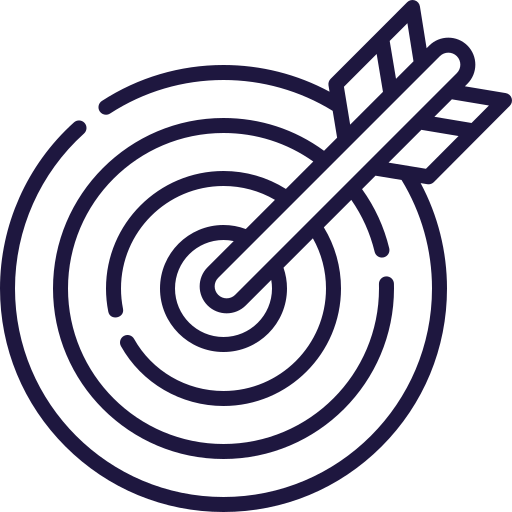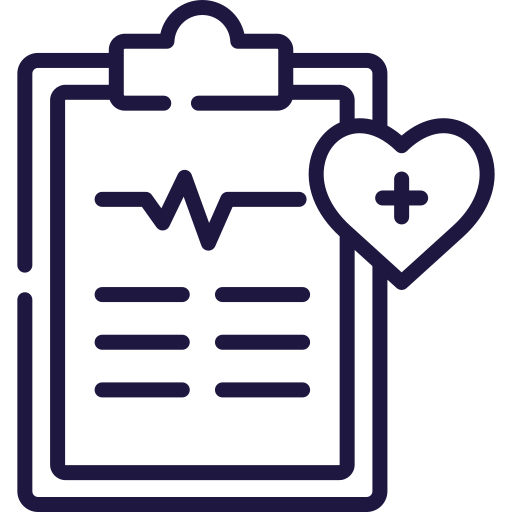Jaundice 2
A 68-year-old gentleman presents to the GP with yellowing of his eyes
Candidate Instructions 🧒
You are the FY1 working in GP.
You have been asked to see Mr Ian Thorpe, a 68-year-old man who has been advised to see the doctor due to some yellowing of his eyes.
Please elicit a focused history, offer your differentials, investigations and devise a management plan.
Station Material (ONLY OPEN WHEN PROMPTED)
There are no station materials for this station
Actor Instructions 🤒
Name: Ian Thorpe
DOB: DD/MM/YYYY
Age: 68
Agenda:
- You are very unbothered, you think this is just a small infection
- You are very polite and apologetic if you cannot remember things from your medical history
- You have very high respect for doctors
ICE:
- I: You have no particular ideas on what could be causing the yellowing of the eyes. You wondered initially whether you should see an optician but your friend suggested you should see your GP
- C: You are not concerned at all, you think it is probably just a passing thing
- E: You would be grateful for an explanation, and also some advice with regards to the itching, such as any helpful creams
PC:
- White part of your eyes look yellow compared to normal and your friends insisted you went to see your GP
HPC:
Positive symptoms:
- Symptoms started few weeks ago -- noticed by friends
- Constant itching entire body -- changed your soaps, but it did not help
- Using creams suggested by pharmacist -- no relief
- Pale stool ongoing -- noticed a week ago (thought it was due to heavy meal after pub lunch)
- Poor appetite recently -- put down to being busy
- Lost weight according to sister -- weight loss put down to running around fixing flat
- General tiredness recently
Darker 'brown-like' urine in past week
Pain:
- **Top of abdomen** -- more **discomfort** than pain - Comes and goes - **No association** with food or bowel movements - Associated with** nausea** -- avoiding food settles it - **4/10** severity - **Dull** in character
Negative symptoms:
- No vomiting
- No changes to bowel habits
- No other symptoms of note eg: headaches, chest pain, cough, urinary changes, sensory/ motor symptoms, rashes, etc.
PMHx:
- Type 2 diabetes
- Hypertension
- High cholesterol
- Prostate enlargement -- benign prostatic hyperplasia
- Previous gallbladder removal
- Bilateral knee replacements -- osteoarthritis
DHx:
- Insulin before meals and at night
- Blood pressure medication -- cannot remember names
- Statin
- Tamsulosin and finasteride
- Ibuprofen gel when needed for knee pain
- No known allergies
FHx:
- Maternal father had fatty liver -- likely due to poor diet
- Paternal grandfather died from bowel cancer 65y/o
- No other family history of note
SHx:
- Used to be a heavy smoker -- about 30 a day for 35 years, stopped 5 years ago after a friend died from lung cancer
- Few beers a day at local pub
- No recreational drug use
- Retired lorry driver
- Live alone -- partner passed about two years ago
- Sister visits often, and have a close friends group from the local pub that provide support if needed
- Poor diet -- ate a lot of ready in meals in past
- More fruit and vegetables now but often still eat in the pub
- No recent tattoos
Mark Scheme ✍️
Introduction
all-markschemes.introduction
Presenting complaint
history-markschemes.presenting-complaint
History of presenting complaint
history-markschemes.history-presenting-complaint
Pain
history-markschemes.history-presenting-complaint
Gastrointestinal/genitourinary symptoms
history-markschemes.history-presenting-complaint
Systemic symptoms
history-markschemes.history-presenting-complaint
Past medical history
history-markschemes.past-medical-history
Drug history
history-markschemes.drug-history
Family history
history-markschemes.family-history
Social history
history-markschemes.social-history
Conclusion
all-markschemes.conclusion
Diagnosis
all-markschemes.diagnosis
Differential diagnoses
all-markschemes.diagnosis
Investigations
Bloods
all-markschemes.investigations
Further investigations
all-markschemes.investigations
Management
all-markschemes.management
Stage I + II (RESECTABLE)
all-markschemes.management
Stage III + IV (NON-RESECTABLE)
all-markschemes.management
Convert your points into a realistic exam mark
Accurate scores
Our smart mark schemes are threshold-based, reflecting how medical schools truly mark OSCE stations.
First-decile strategy
Easily log your scores and differentiate between low- and high-performing stations to target your weaknesses.
Diagnostic expert
Listen to murmurs, interpret CXRs and read ECGs. Integrated media to help you become a diagnostic expert.


